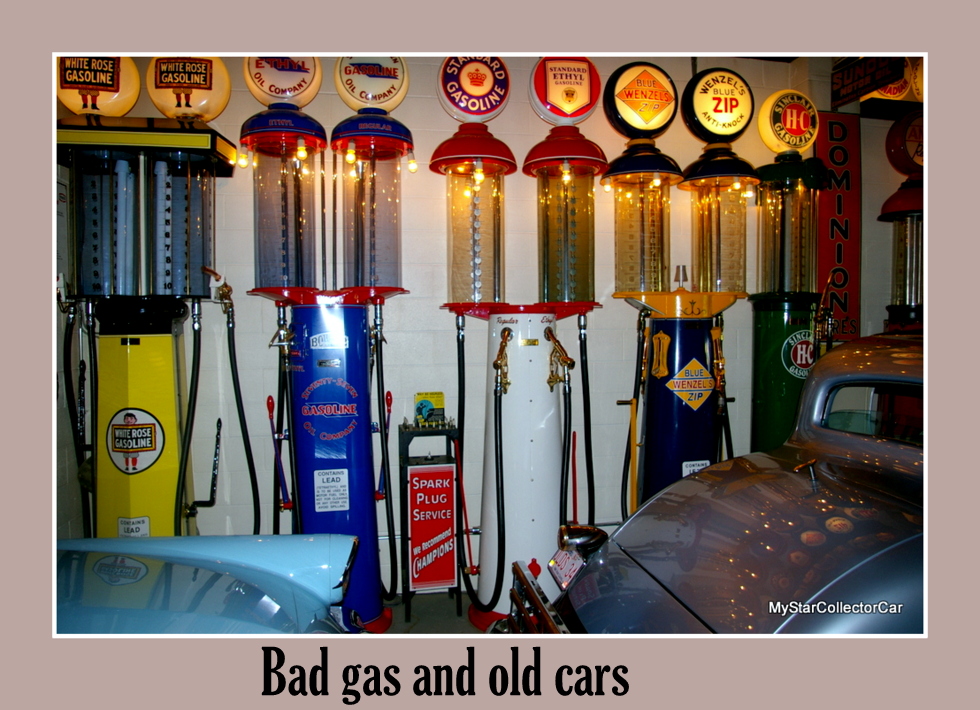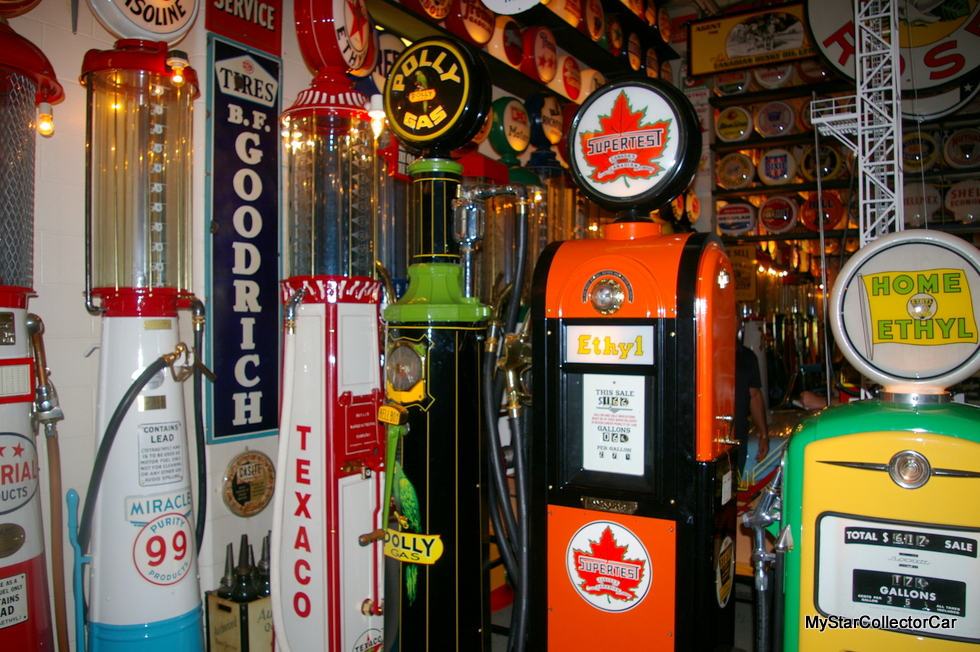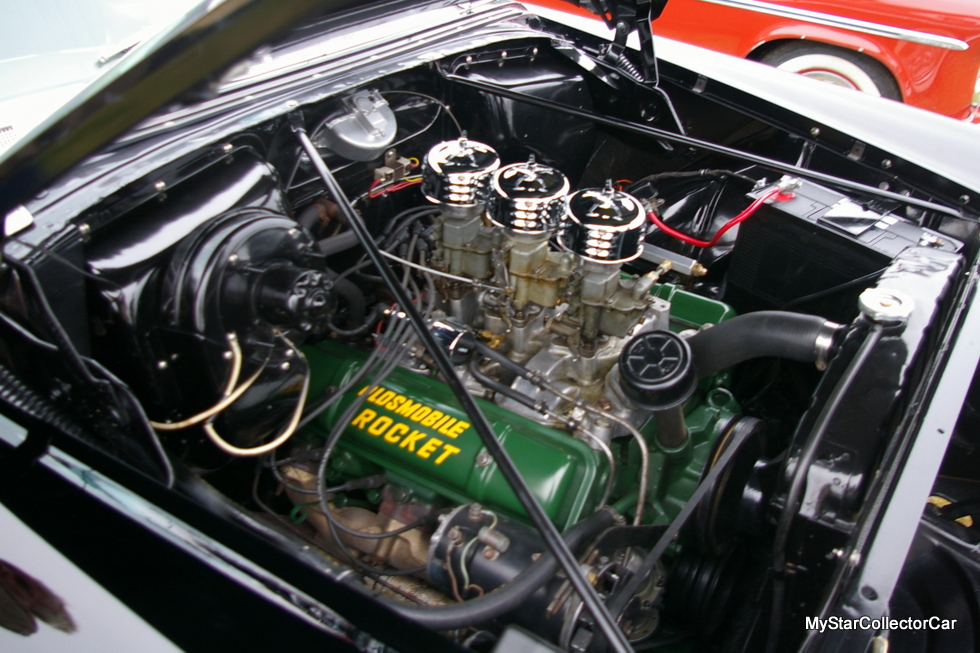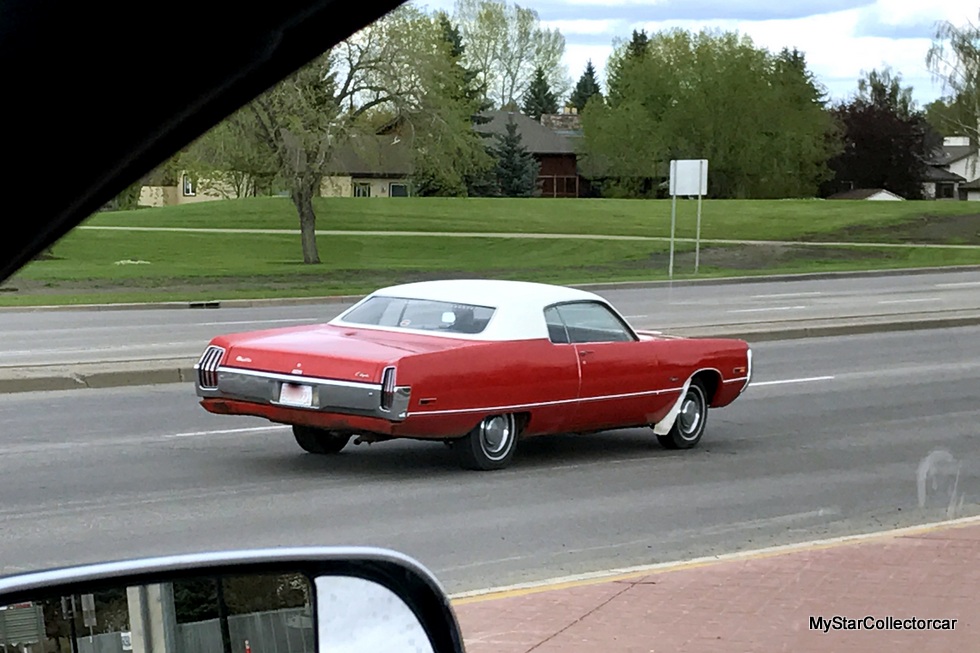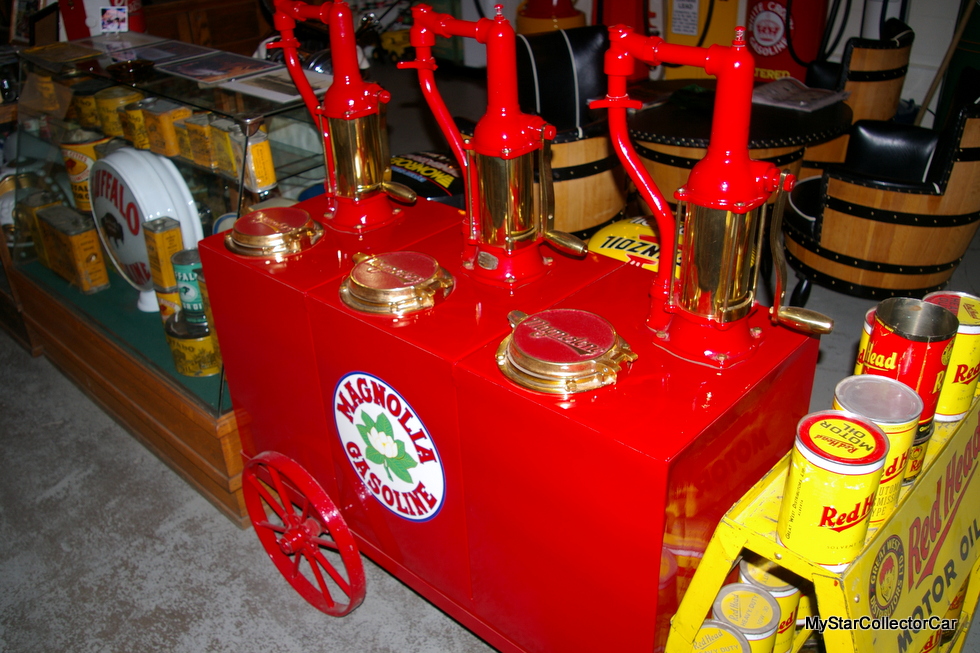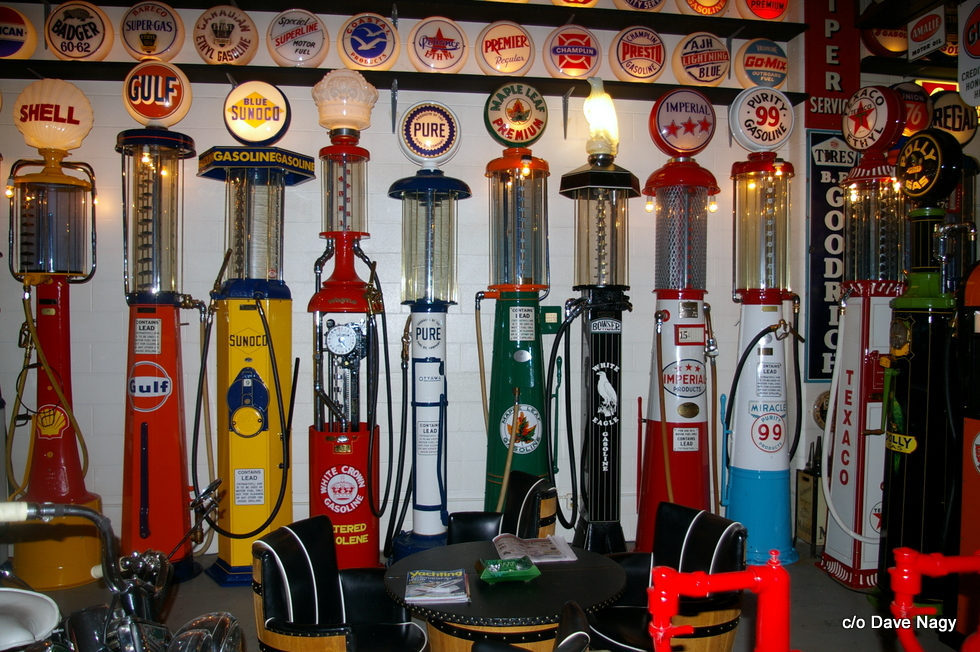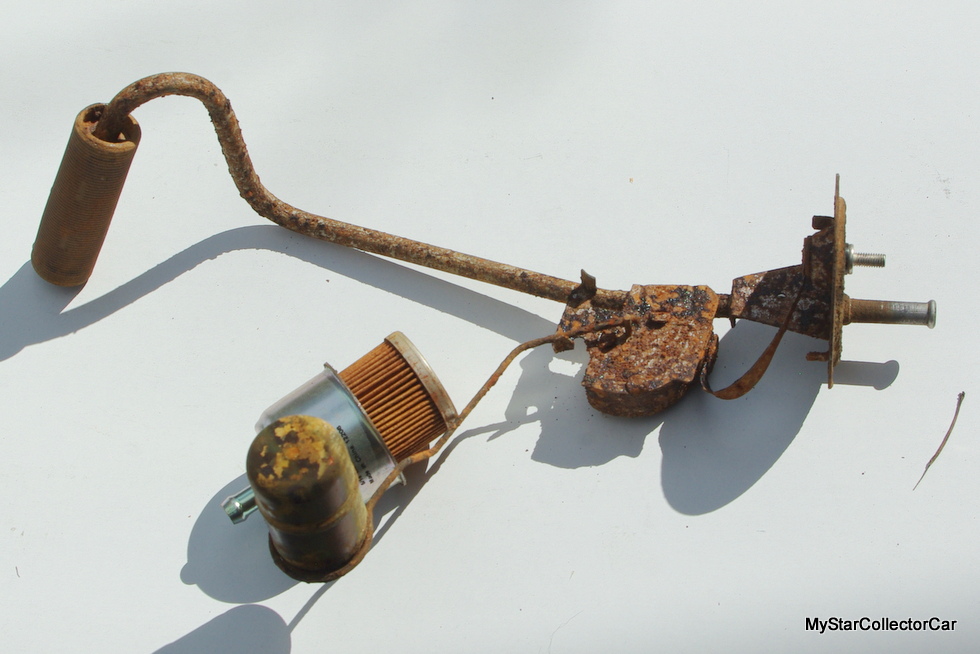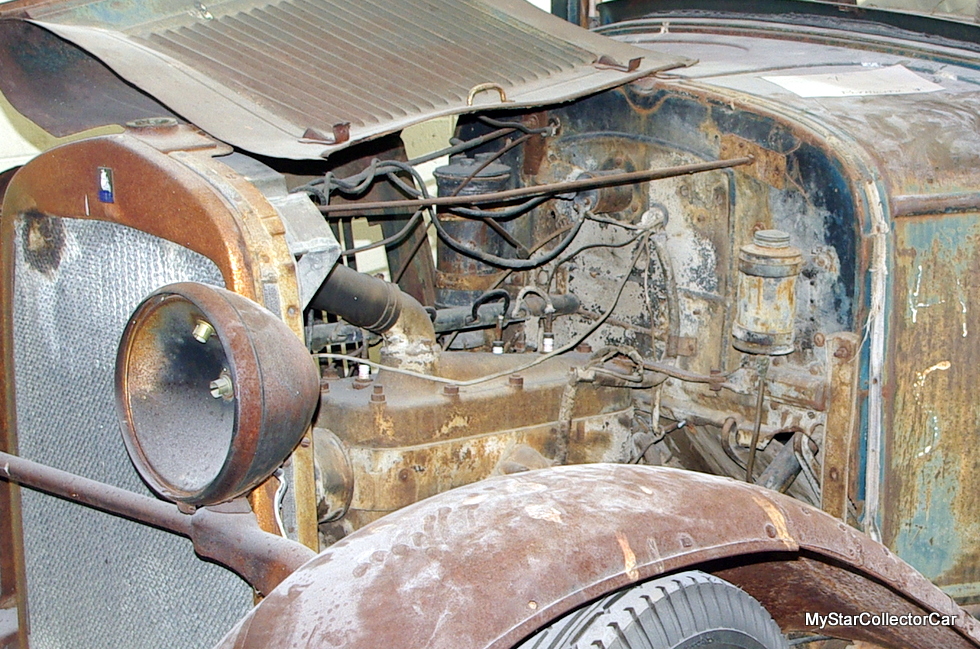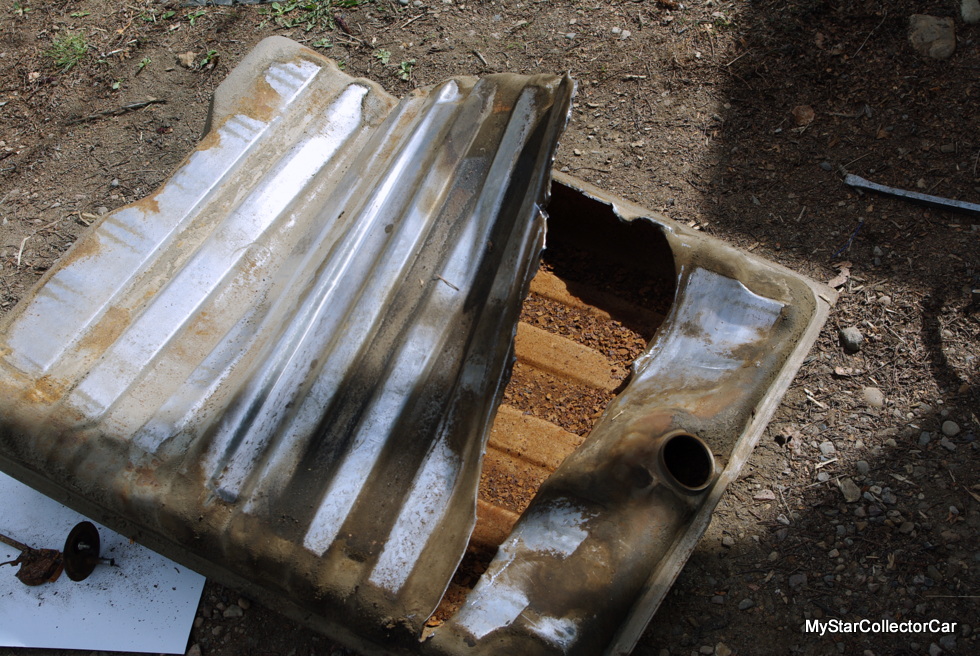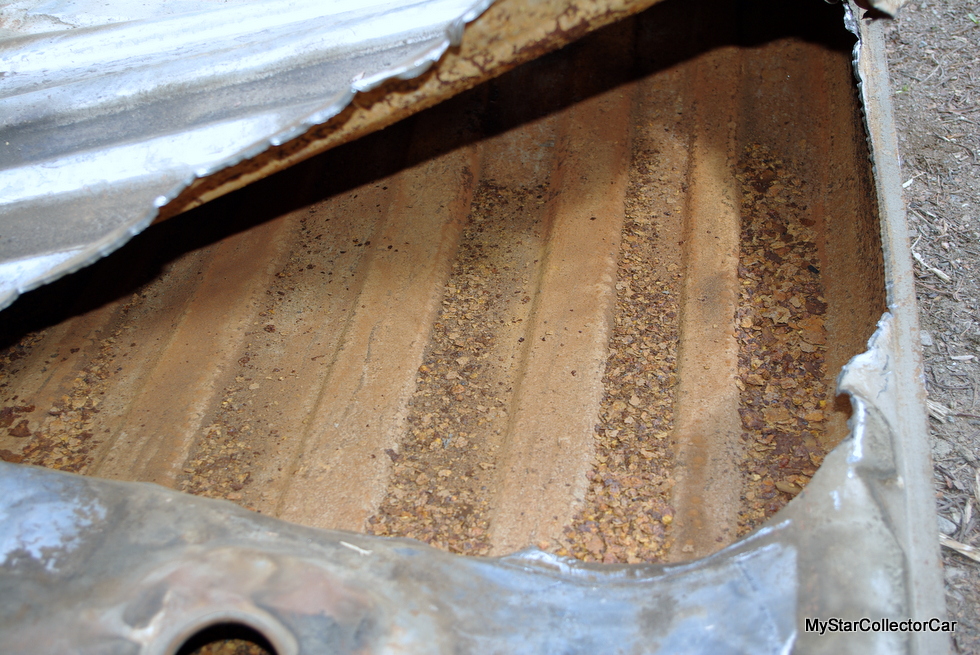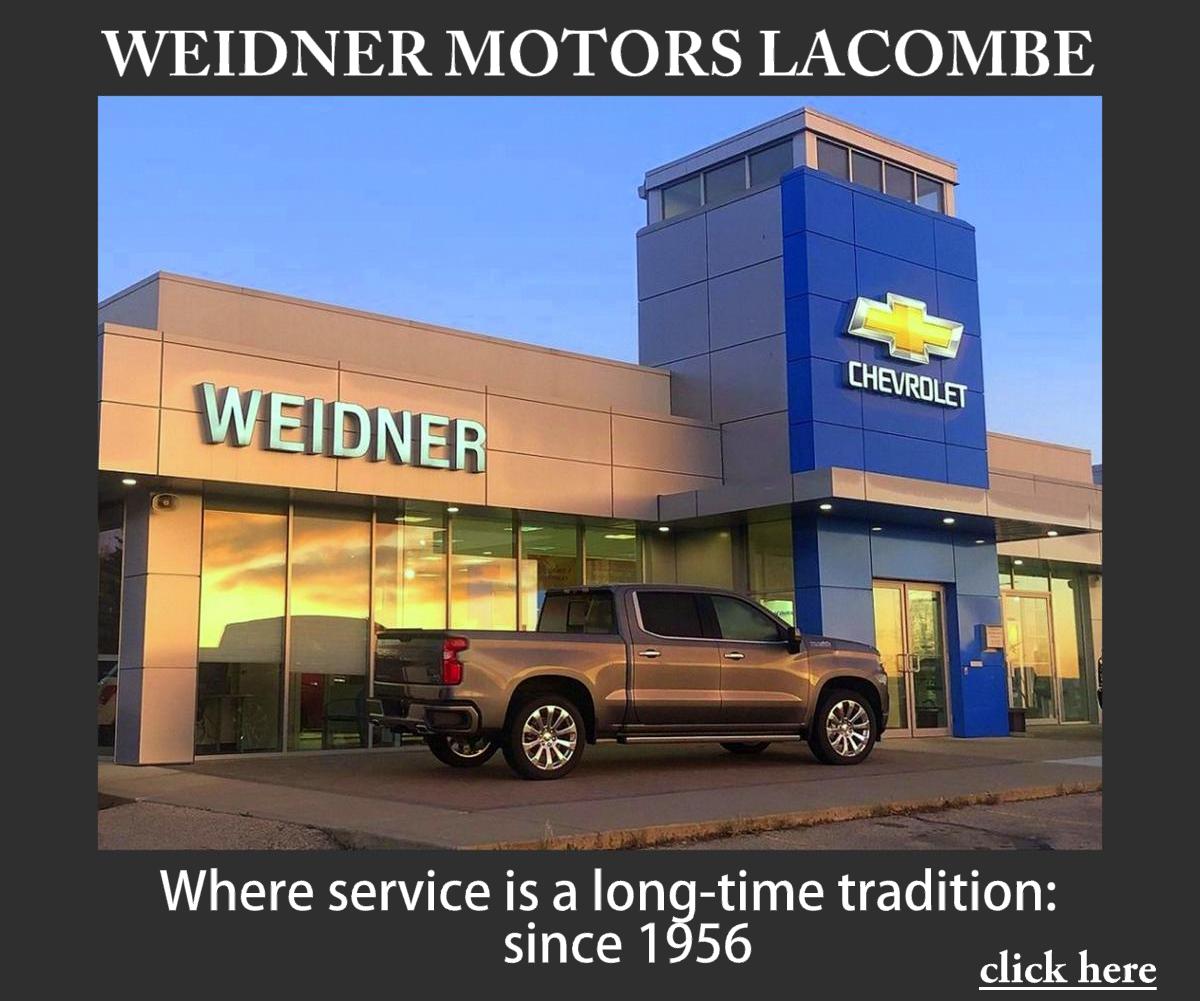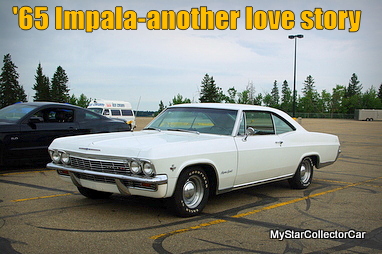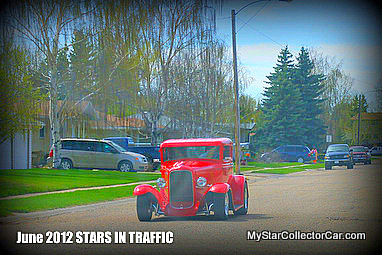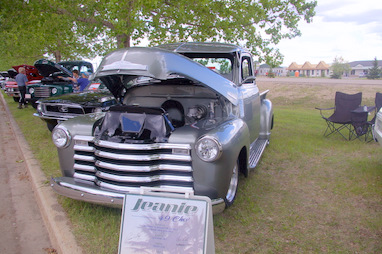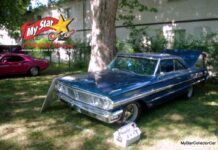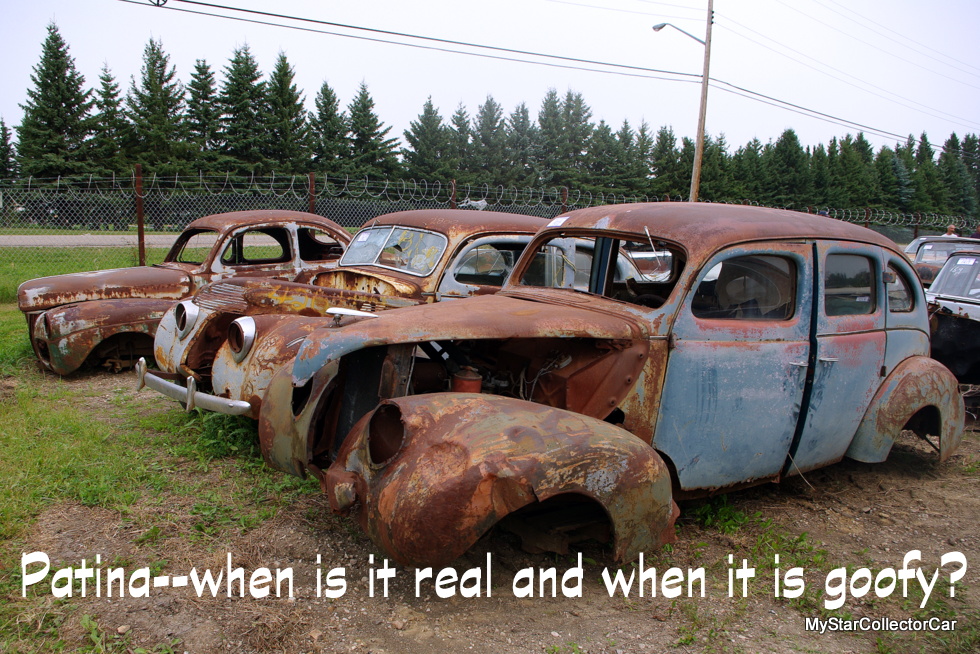There was a time when gasoline had a completely different effect on the internal combustion engine.
Gas formerly contained a lead additive and plenty of high octane choices for engines that were built during a bygone automotive era.
Car engines from the past ran leaded fuel through a carburetor system that ranged from one barrel to three-two barrel systems that typically required a mechanical god to keep them in an orderly sequence; a tuning process that was likely more complicated than landing Apollo 11 on the moon.
The gas game got more complicated in the early 1970s when unleaded gas was mandated into existence for new engines that were built to handle the fuel change. Leaded gas became Public Enemy Number One with the eco-warriors and their dedicated army of bureaucrats. Their solution was a complete ban on leaded fuel so they could save the planet-one gas tank fill-up at a time.
The green movement also had an effect on gasoline when grain-based alcohol was added to unleaded gas to offset the need for non-renewable fuel sources. Incidentally, gas saturated with alcohol was even worse for older engines for reasons listed later in this article.
Leaded gasoline provided older engines with a simple solution to a variety of issues that ranged from an engine knock to basic lubrication for the valves. Lead in gasoline boosted the octane and provided a cheap solution to the lubrication issue for the softer valve seats in older engines.
An engine ping or dieseling engine (still firing after the ignition was shut off) was typically (but not always) cured by a higher octane leaded gas choice. The availability of cheap leaded fuel also came to an end in the 1970s when the oil embargo made fuel of any manner (leaded or unleaded) scarcer and more expensive.
This brief history of gasoline circles back to the issues with modern gas, particularly as it applies to older vehicles. Few car guys will disagree with this basic notion: new alcohol-based gasoline sucks in a giant way for older engines.
The new gas has a very short shelf life and older new gas should likely be re-purposed to put out fires instead of igniting them in a car engine’s combustion chamber.
Another issue with new gas is the amount of alcohol in the fuel. Alcohol may be very hard on livers and civilized behavior in people-but the gas additive version of alcohol is murder on an older car’s fuel system.
The new gas will eat gaskets and other materials on old engines like a starving fat guy devours food at an all-you-can-eat buffet. The result is horrifying when new gas is allowed to age gracelessly over a winter in an old vehicle in storage and wipes out the internal components in a carb.
Alcohol is also a corrosive that will mess with the metal in a gas tank over a period of time. The net result is highly ineffective gasoline that becomes a good way to ruin a fuel system with giant chunks of corroded metal if the new gas stays in the old car for a significant period.
A “significant period” is a moving target for new gas because the new fuel will separate gas from alcohol in very short order by comparison to old school leaded gas. Think months-and not years– when it comes to the aging process for new gas.
Also think about a scorched earth policy when it comes to the possible damage to old engines caused by new gas. As long as you don’t think about using new fuel past its best-before date to scorch the earth.
BY: Jim Sutherland
Jim Sutherland is a veteran automotive writer whose work has been published by many major print and online publications. The list includes Calgary Herald, The Truth About Cars, Red Deer Advocate, RPM Magazine, Edmonton Journal, Montreal Gazette, Windsor Star, Vancouver Province, and Post Media Wheels Section.
- CLICK HERE to Like us on Facebook
- CLICK HERE to Follow us on Twitter
- CLICK HERE to Follow us on Pinterest

































